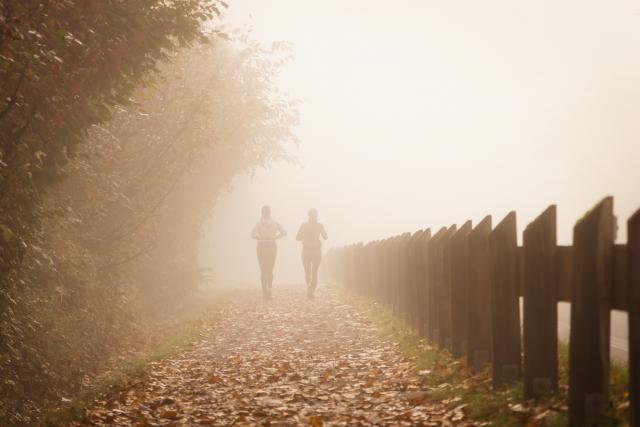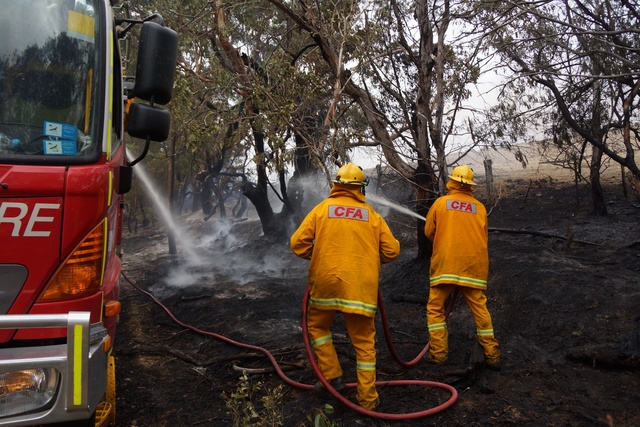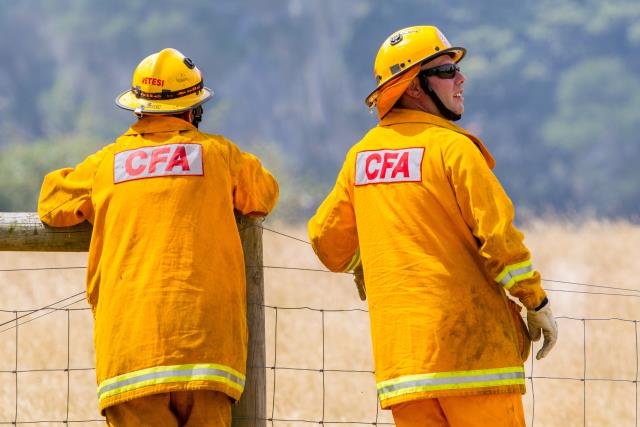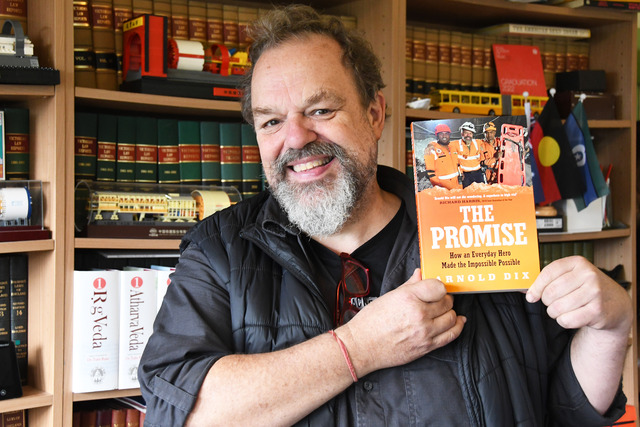We all know women are still hugely unrepresented in many sections of the economy and when they are, they still often earn less than men for doing the same job.
From sportfields to the boardroom elite, women are earning much less than their male counterparts.
Last week, Harvard academic in Economic Sciences, Claudia Golbin, was named the Nobel Laureate in Economic Sciences. In a comprehensive piece of work she delved into 200 years of women’s work participation with a focus on the US experience.
It seems as the economy changed from an agrarian to an industrial base in the early 19th century, fewer women participated in the workforce until the growth of the service sector in the early 20th century.
She found that women participation was not a linear progression, but depended on structural changes and evolving attitudes to women working and their responsibilities for home and family.
The contraceptive pill allowed women to make further strides but child rearing has proved a permanent block on the progress towards wage equality.
Claudia Golbin’s research concludes that much of the wage disparity between men and women today is not attributable to differences in education and occupational choices, but arises when they have children. More precisely with the birth of the first child.
Child care and housekeeping are the two biggest areas for women when they return to work. This includes taking care of dependent children and elderly adults, domestic cleaning, food and other household shopping and preparation, ferrying kids and elderly relatives to activities and medical appointments and other unpaid activities.
It is no wonder working women are increasingly presenting with symptoms of burn out as they juggle work and what has become known as the second shift, as employed mothers take on so much more housework and childcare than their partners.
Melbourne writer, poet and playwright Gayelene Carbis in her poem The Bride Who Became Frightened When She Saw Life Opened, After the painting “The Bride Frightened at Seeing Life Opened” by Frida Kahlo, addresses this growing area of conflict.
It’s not clear if the narrator of the poem works outside the home, nor does it matter, the point is that every aspect of housekeeping is her responsibility with her partner refusing to help with the most basic of chores or childcare.
Is this a form of coercive control without violence or is this simply someone stuck in an outdated gender role, with no feelings of empathy for his partner who carries the full brunt of domestic responsibilities? The man is not overtly violent but he maintains control, for example by not letting the woman read in bed.
Perhaps, he is the primary breadwinner and expects not to have to help with any domestic jobs. Would the situation be different if the woman was the higher earner? Would this have made a difference? Statistics show that women regardless of their earning capacity still end up with all the chores.
So, every night she still has something to do, the second shift, from tending to her daughter to washing and folding clothes; to preparing the evening meal and putting out the rubbish. The spare lines of the poem build up to the inevitable momentary release of pent-up feelings: I hate you, but then this is followed by acceptance.
Sadly many women would have no difficulties in relating to the narrator’s experience as social change moves at a glacial pace.
The Bride Who Became Frightened When She Saw Life Opened
After the painting “The Bride Frightened at Seeing Life Opened” by Frida Kahlo
She hasn’t read a book in seven years
he doesn’t like the light on
if she gets in before him he says nothing
she could read all night
but the thing is he’s in bed by nine
every night every night she has
something to do she folds their washing
in three piles on the kitchen bench and once
he’s passing through and it’s on his way
so she asks him to take one pile
the kids’ clothes put them on the bed
that’s all she asks he wouldn’t have to open
a cupboard or a drawer
but he refuses another time
she’s peeling potatoes and stacking dishes
and showing Sonya how to tie a shoelace
in a double-knot she asks him to take the rubbish
out but he says no why should he?
she’s closer to the door and she says
for the first time ever about anybody
I hate you to the window
as if she’s talking to herself or talking
about the weather and she goes back
to peeling the potatoes.
The Woorilla Poetry Awards event will be held on 19 November 2023, from 2-5 pm.
A great afternoon of music, poetry and refreshments.







